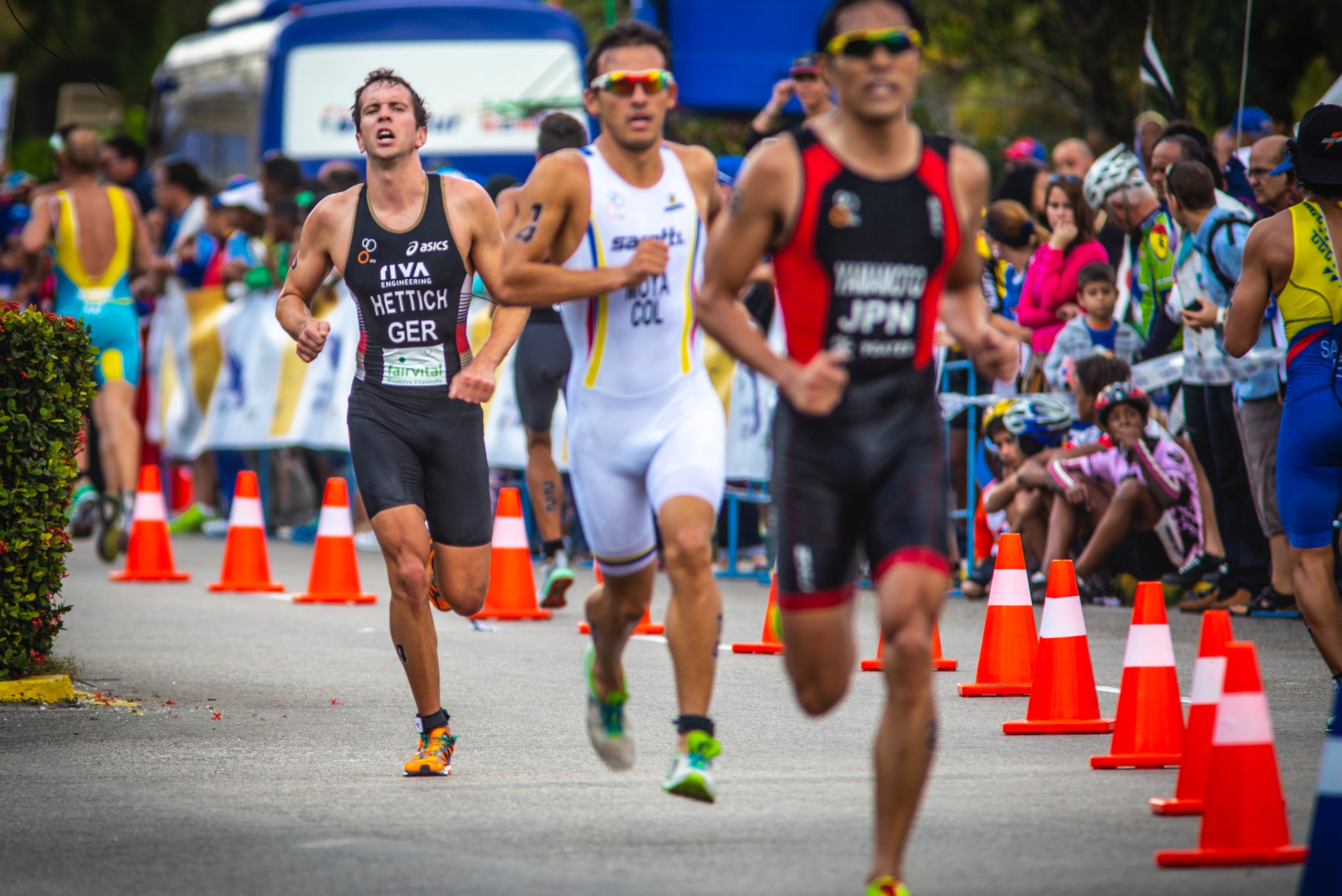When you’re an athlete, your diet has the potential to either help or hinder your performance. The foods you eat directly impact your energy levels, stamina, strength, recovery time and much more. If you don’t have a solid grasp on proper nutrition for athletes, you risk putting your athletic career at risk. Athletes need a balanced diet that is rich in vitamins and minerals, as well as, calories from carbohydrates, protein and fats. Incorporating the right nutrients into your eating plan can help you perform better on the field or court. An unbalanced diet is not only unhealthy for athletes; it also puts your training at risk by making you more prone to injury and reducing the amount of energy available for physical activity. Read on to learn why a well-balanced diet is so essential for athletic performance, how nutrition impacts athletic performance, what food choices are best for athletic performance and some practical tips on how to make that happen in real life!
Why a Well-Balanced Diet is Essential for Athletic Performance
Athletes need plenty of calories every day to perform optimally, so having a well-balanced diet is essential to meeting these nutrient needs. It has been recommended by the American Academy of Nutrition and Dietetics College of Sports Medicine that Athletes need to consume between 1.2 and 2 grams of Protein per bodyweight, between 5 and 10 grams of Carbohydrates per bodyweight and approximately 30% of your caloric intake should be dedicated to Fats. Clearly, consuming this many calories in a day may seem like a daunting task. However, one way to do this is to divide them up throughout your day over multiple meals, so they’re available when your body needs them. If you eat all your food at once, your body wouldn’t have the energy needed for athletic performance. And if you don’t get enough calories, your body won’t have what it needs to perform optimally.
How Nutrition Impacts Athletic Performance
If you’re not eating enough calories or the right types of foods, your athletic performance is likely to suffer. If your diet isn’t providing enough calories, you’re more likely to experience fatigue and weakness during your workouts. That’s because the body uses calories to fuel physical activity, so if you aren’t eating enough, you won’t have the energy needed to perform optimally. A diet deficient in protein can impact your muscles and bones. Protein is essential for muscle repair, so if you don’t get enough, your muscles are more likely to become fatigued or suffer an injury. If you’re not getting enough calcium, you’re at risk for weak bones that are more likely to break during an athletic activity. A diet low in iron can impact your immune system, making you more susceptible to illness.
What Food Choices Are Best for Athletic Performance?
A well-balanced diet rich in vitamins and minerals and high in complex carbohydrates, protein and healthy fats can help you perform at your best. Dairy products such as milk, yogurt and cheese are great sources of calcium, iron and protein. You can also get calcium from leafy green vegetables, beans and fortified cereals. Iron is also found in eggs, fish, beans and whole grains. Potatoes, pumpkin and squash are great sources of complex carbohydrates.
Tips to Help You Eat a Well-Balanced Athlete’s Diet
Athletes should eat a well-balanced diet that provides plenty of energy and nutrients and helps the body recover after a workout. Here are some suggestions to help you eat a well-balanced diet.
Protein is also very important for athletes. A high-protein diet can help you build muscle more quickly and efficiently and can also help you recover more quickly after a long training session or a grueling competition. The most important nutrient for athletes is energy – and the energy you get from the foods you eat is provided by macronutrients: proteins, carbohydrates, and fats. All three of these nutrients are important for athletes, but carbohydrates are especially critical.
Carbohydrates are your body’s main source of fuel for exercise. When you perform a workout, your muscles burn through these carbs as quickly as possible to generate the necessary energy. In fact, for high-intensity exercise lasting about one hour, about 70% of your energy comes from carbs. And for even longer exercise sessions, carbohydrates continue to provide a significant amount of the energy you need.
Healthy Fat is a natural component of any athlete’s diet because it provides a number of essential nutrients that help your body perform better during training. Fats are also a great source of energy, so they can help you avoid feeling hungry and light-headed during long workouts. Fats also help your body absorb vitamins, minerals, and other nutrients more efficiently. However, some fats are healthier than others. You should include plenty of monounsaturated and polyunsaturated fats in your athletic diet – but avoid processed foods that contain trans fats.
A well-balanced diet is essential for athletic performance, as it provides the energy and nutrients needed to perform at your best. To eat a well-balanced diet, make sure you’re eating the right amounts of carbohydrates, protein and fats and eating foods from all the different food groups. Follow these tips to help you eat a well-balanced diet and perform your best! If you don’t eat a well-balanced diet, you could end up performing poorly due to lack of energy. Conversely, if you do eat the right things, you’re more likely to perform at your best!

